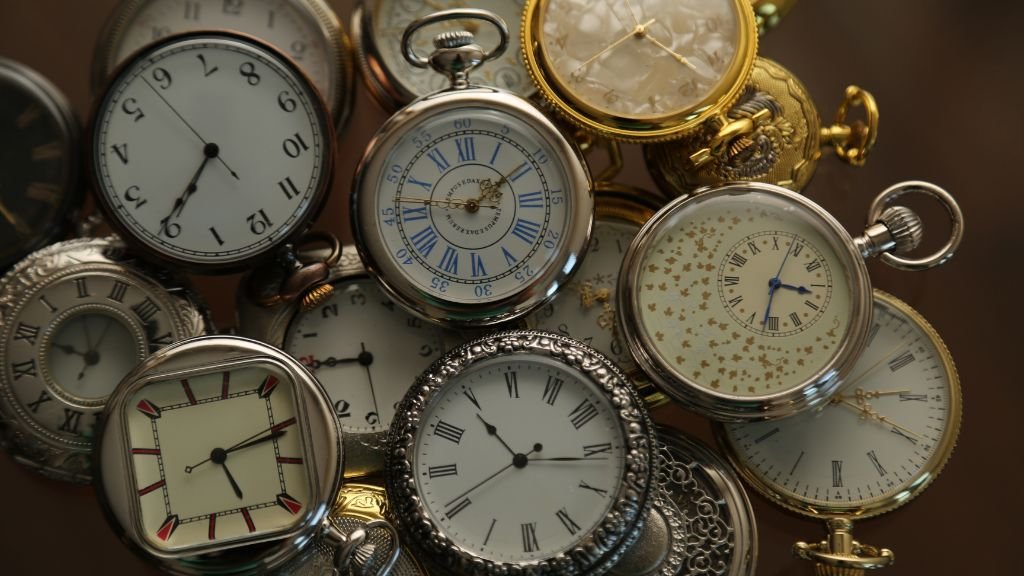Watches have been more than just timekeeping devices; they have evolved into symbols of culture, status, heritage, and personal expression. Here’s an exploration of the cultural significance of watches across different contexts:
1. Status and Prestige
Watches often serve as status symbols, representing wealth and success. High-end brands like Rolex, Patek Philippe, and Audemars Piguet are not just timepieces but also statements of luxury and achievement. Owning such a watch can signify reaching a certain social or economic status.
2. Heritage and Tradition
Many watch brands have a long history and tradition. Companies like Vacheron Constantin and Breguet have been crafting watches for centuries, often passing down skills and techniques through generations. Wearing these watches connects the wearer to a rich heritage and tradition of craftsmanship.

3. Personal Milestones
Watches are often given as gifts to mark significant life events such as graduations, anniversaries, or retirements. These timepieces become cherished heirlooms, passed down through generations, carrying the memories and stories of the original owner.
4. Professional Identity
Certain watches are associated with specific professions. For instance, Omega Speedmasters are known as the “Moonwatch” due to their use by NASA astronauts. Similarly, Rolex Submariners are favored by divers, and pilot watches by aviators. These associations enhance the watch’s identity and prestige within these professional communities.
5. Cultural Icons
Watches have been featured in films, literature, and pop culture, becoming iconic symbols. The James Bond franchise has prominently featured Rolex and Omega watches, adding to their allure and desirability. These appearances can significantly influence public perception and demand.
6. Fashion and Personal Style
Watches are a key component of fashion and personal style. They can complement an outfit, reflect personal taste, and serve as a means of self-expression. From minimalist designs to elaborate and jeweled timepieces, watches cater to diverse aesthetics and preferences.
7. Technological Innovation
In recent years, smartwatches have revolutionized the concept of wristwatches. Brands like Apple and Samsung have integrated technology, making watches not just timekeepers but also health monitors, communication devices, and more. This shift reflects modern society’s integration of technology into daily life.
8. Cultural and Religious Symbolism
In some cultures, watches hold specific symbolic meanings. For example, in certain Asian cultures, giving a watch as a gift can be seen as a gesture of good fortune and longevity. Conversely, in some contexts, it might be considered inauspicious due to the association with time running out.
Conclusion
Watches are much more than functional devices; they are rich with cultural significance and symbolism. Whether as markers of status, heritage, professional identity, or personal milestones, watches hold a special place in society. Their evolution from mechanical marvels to digital companions underscores their enduring importance and adaptability to changing cultural landscapes.











